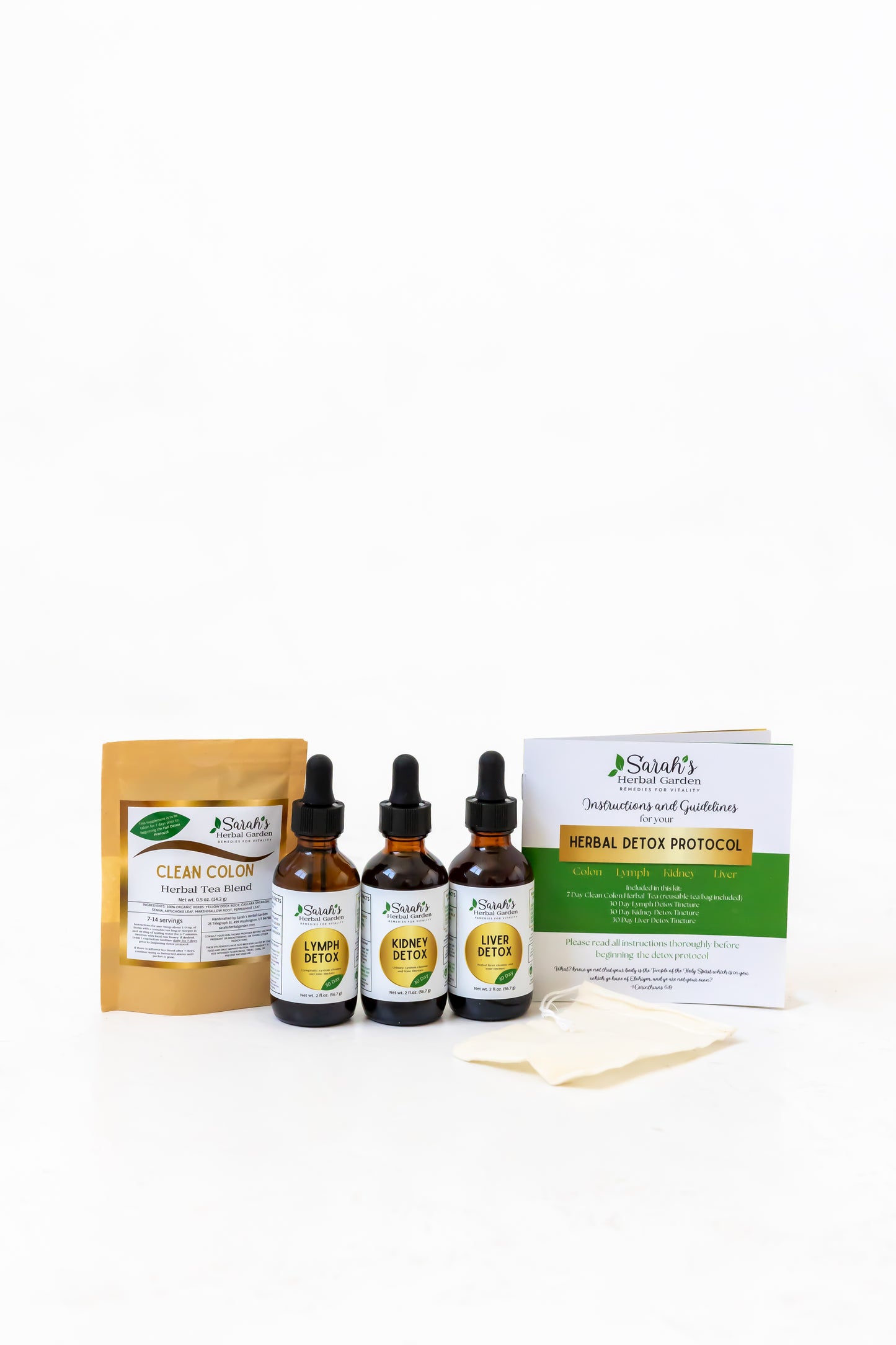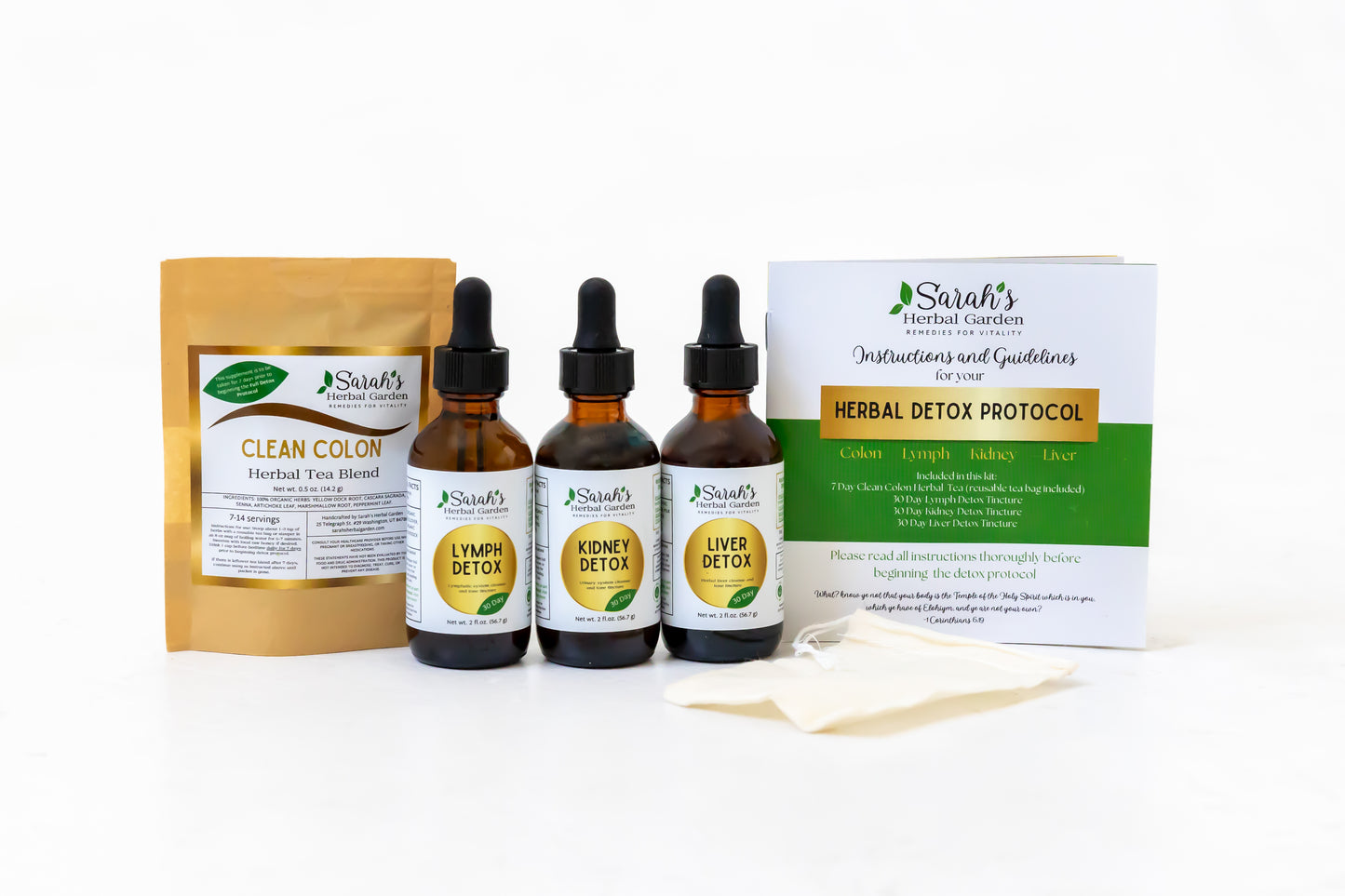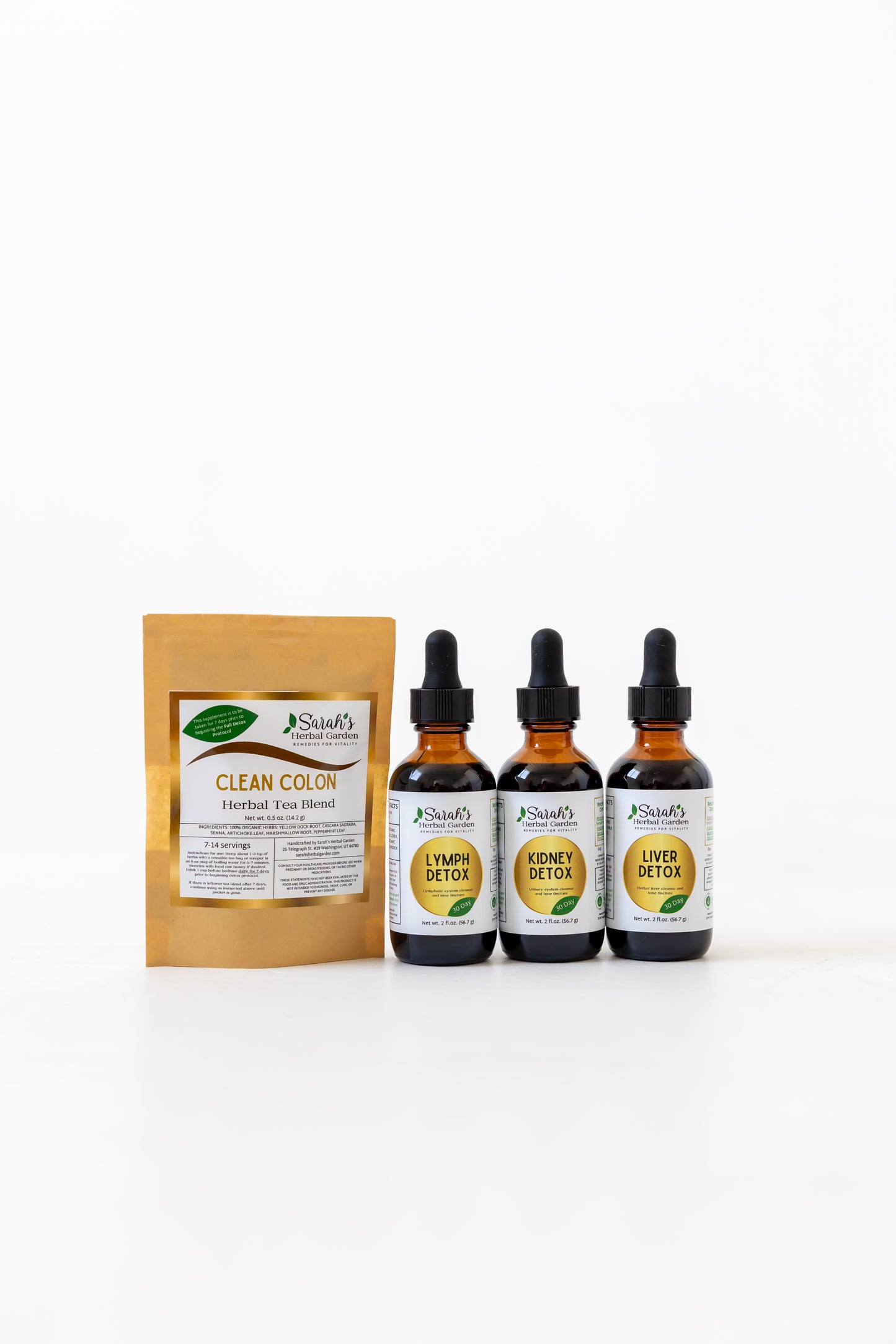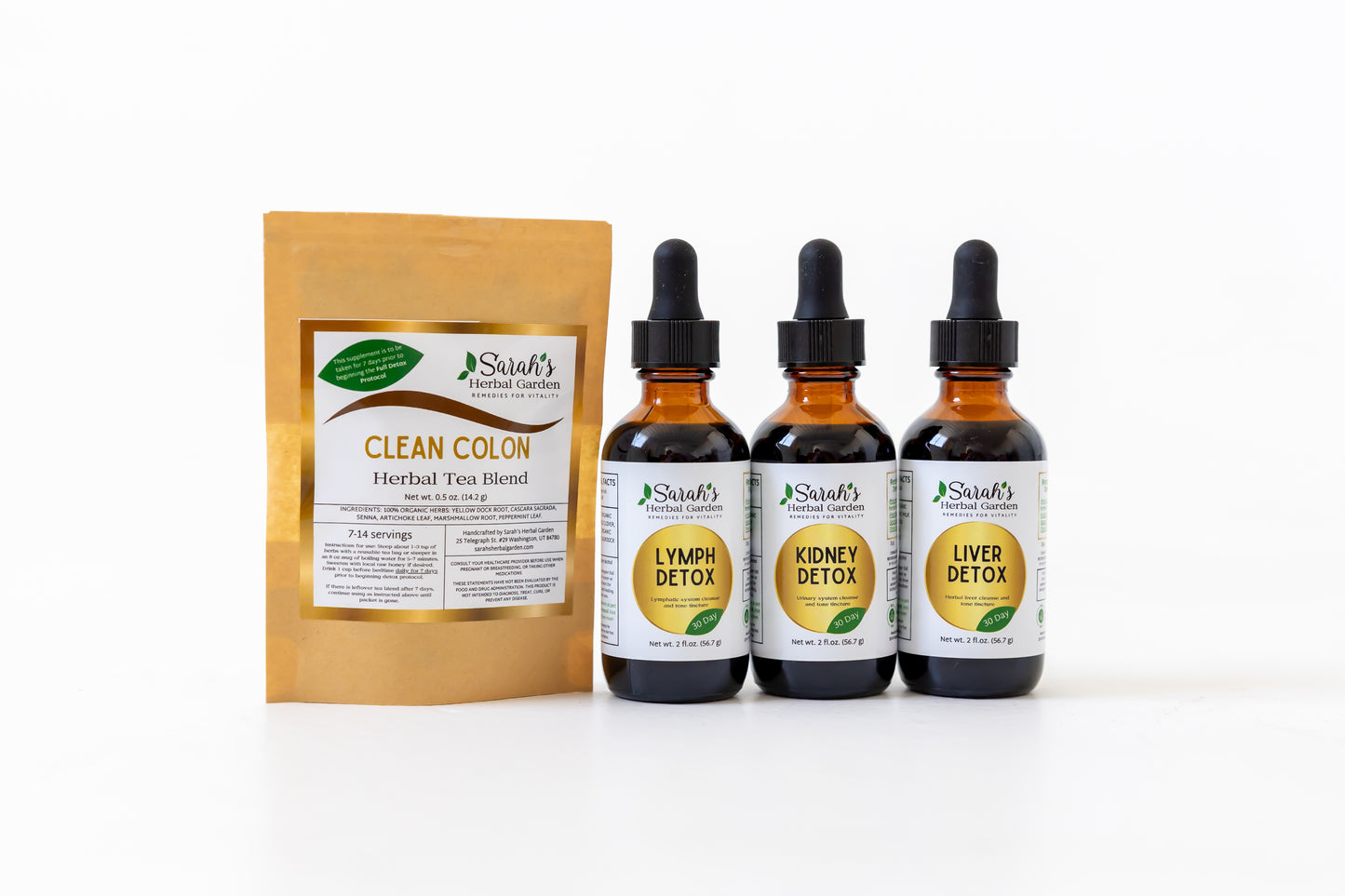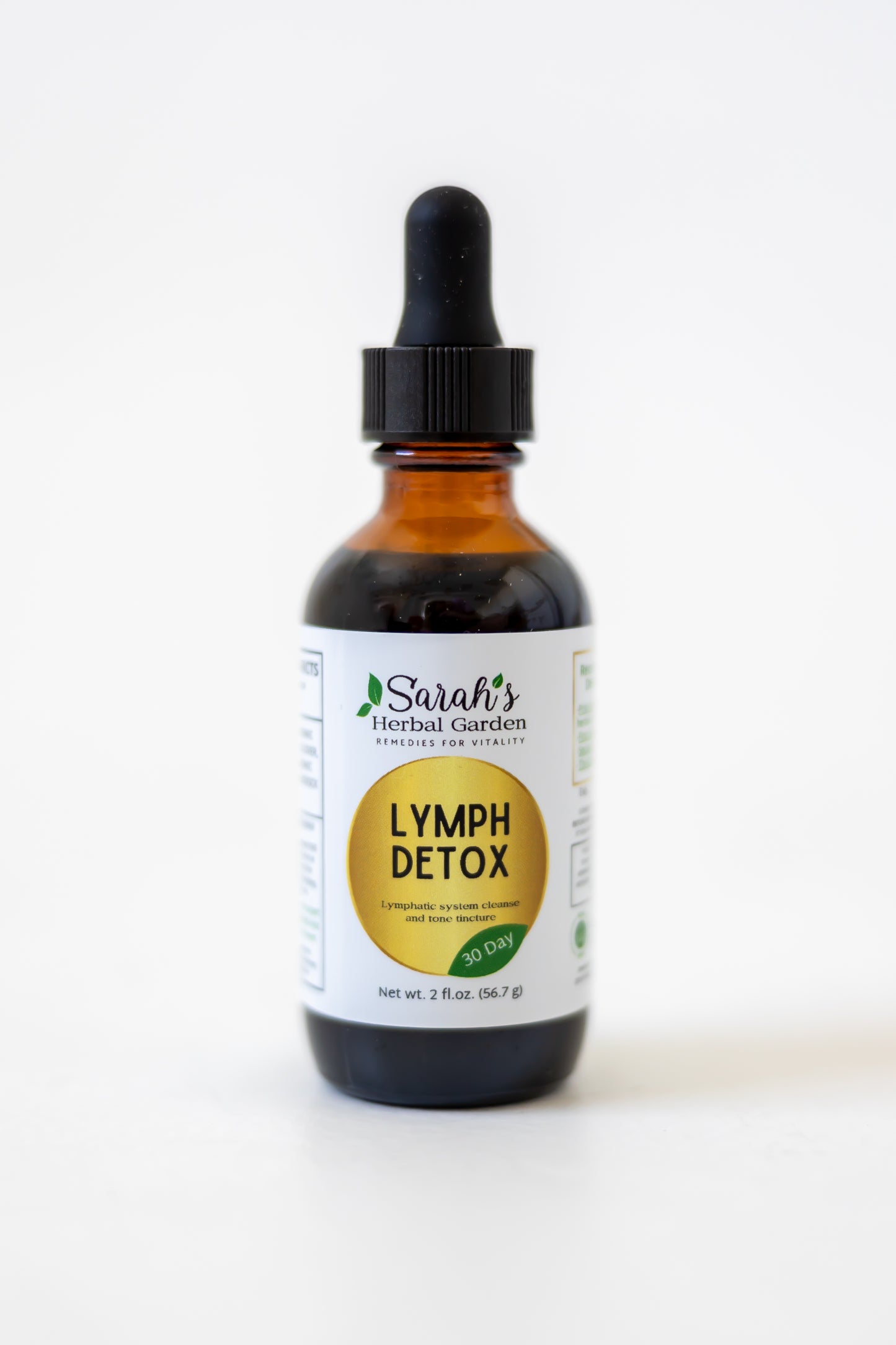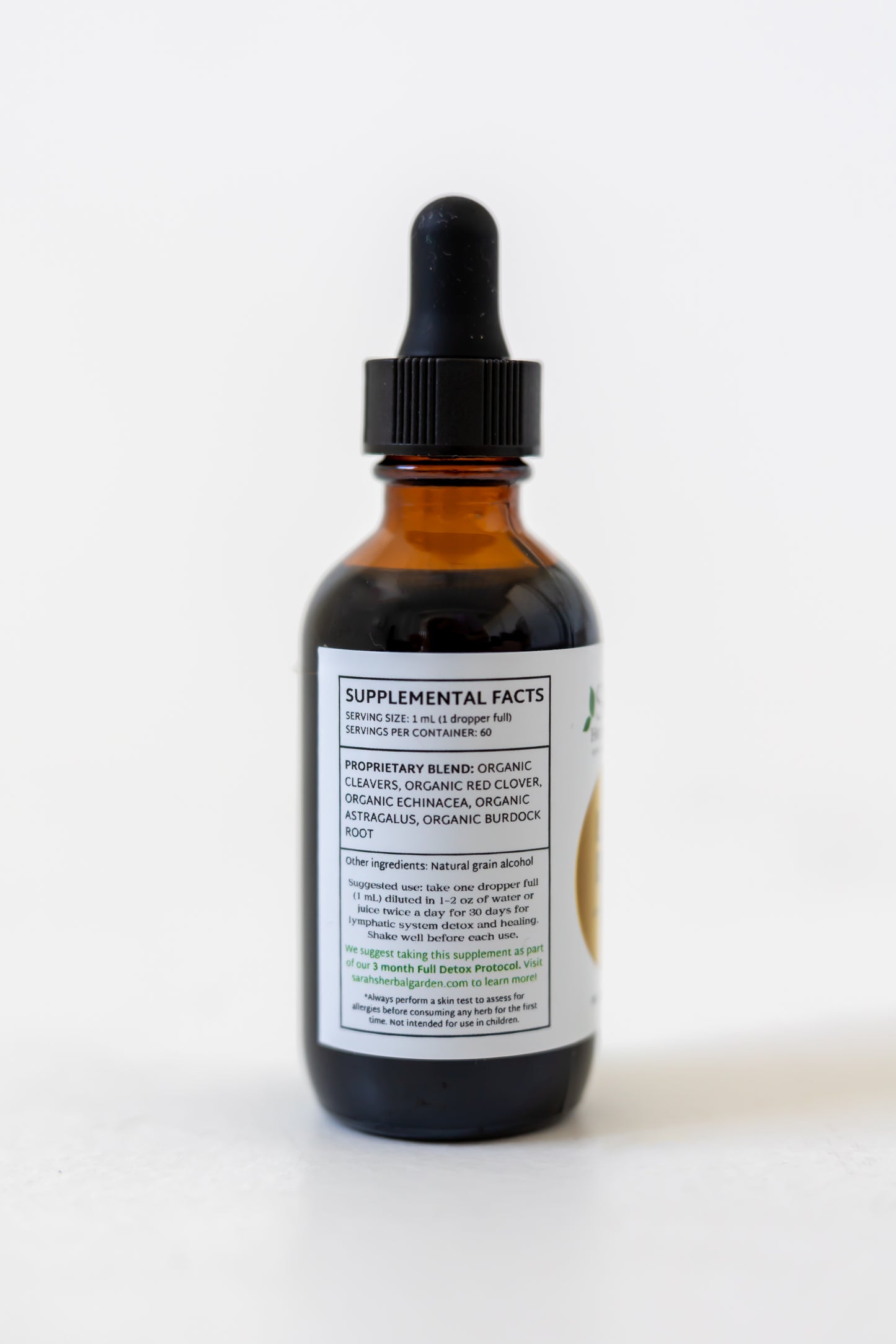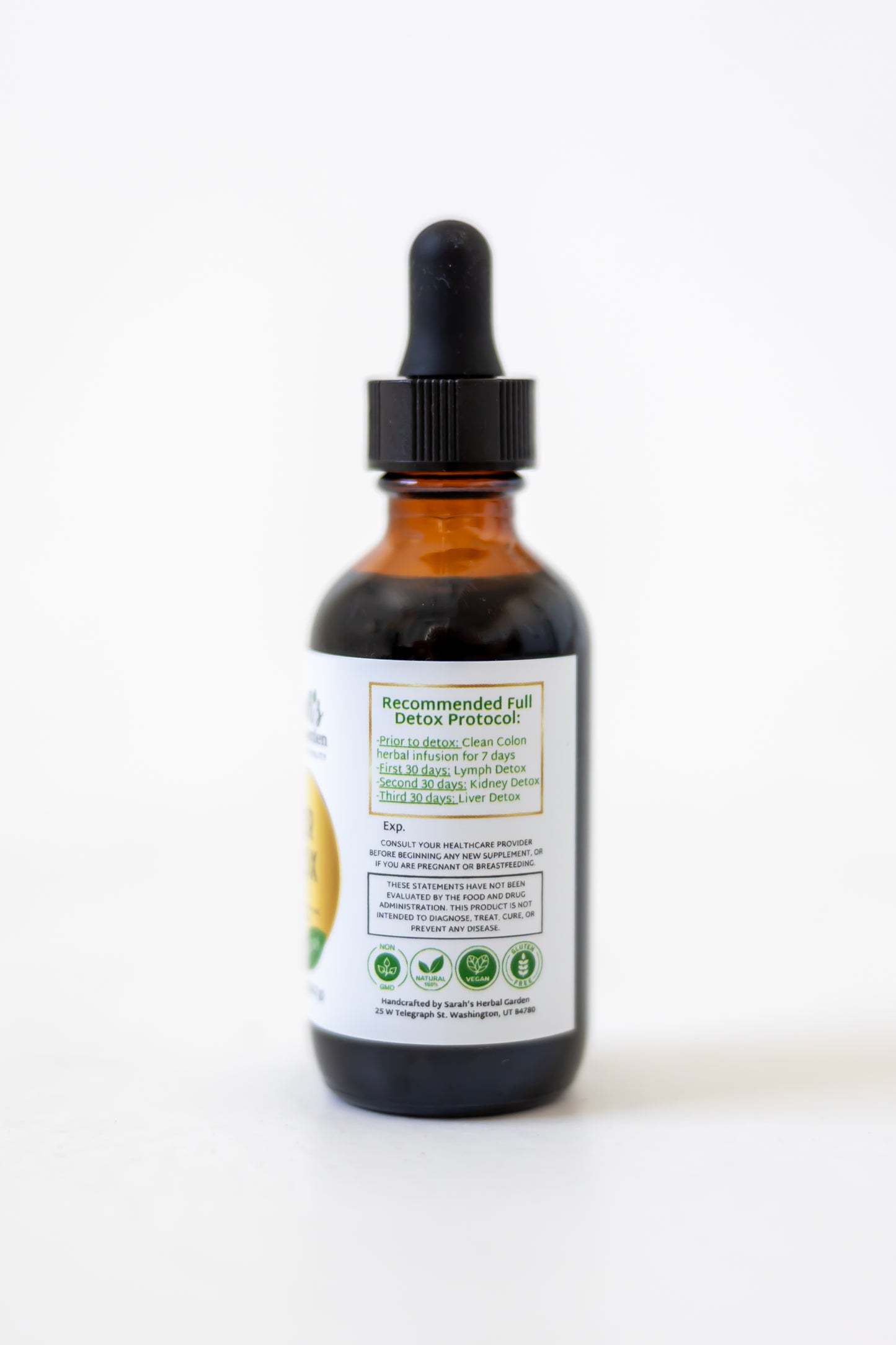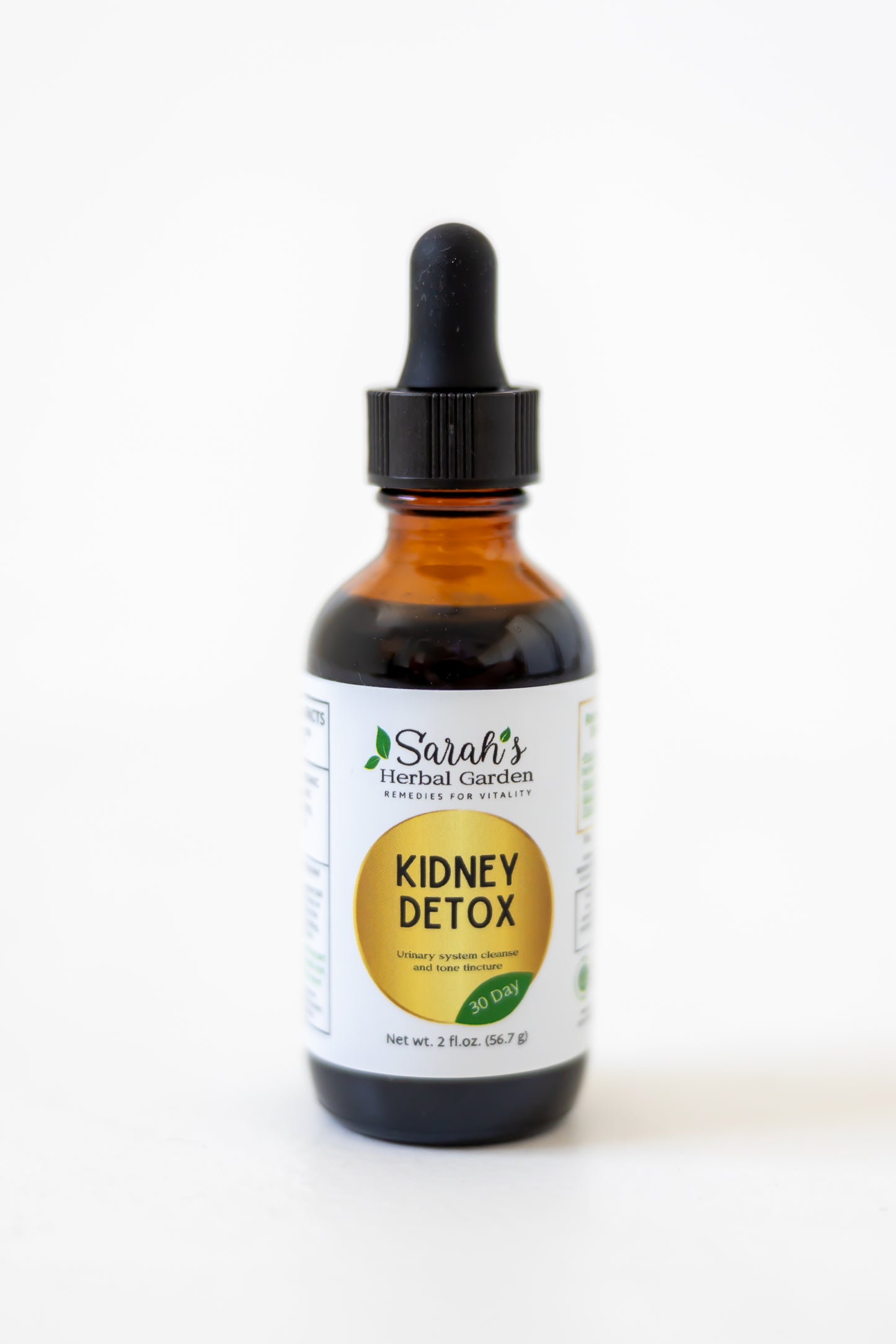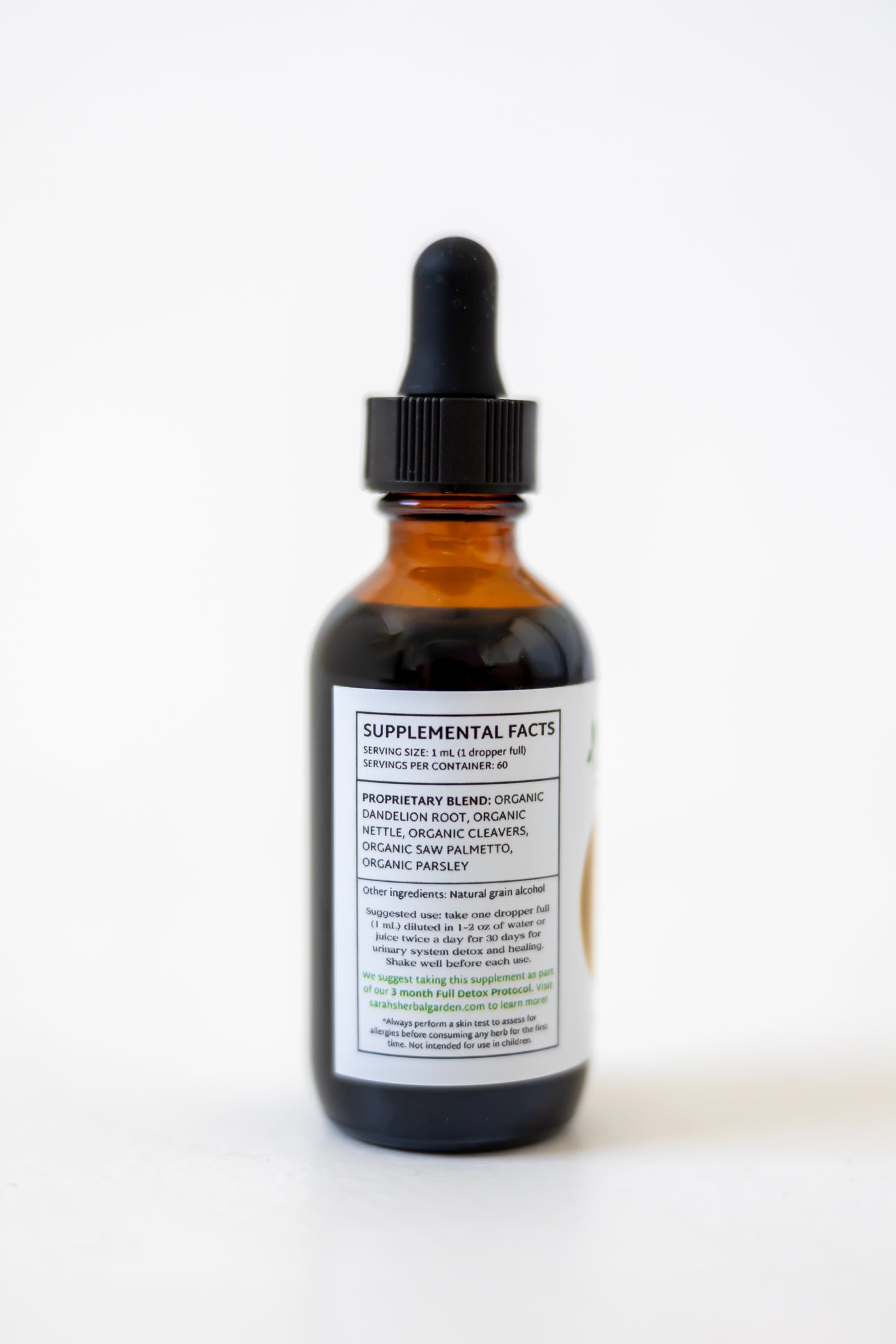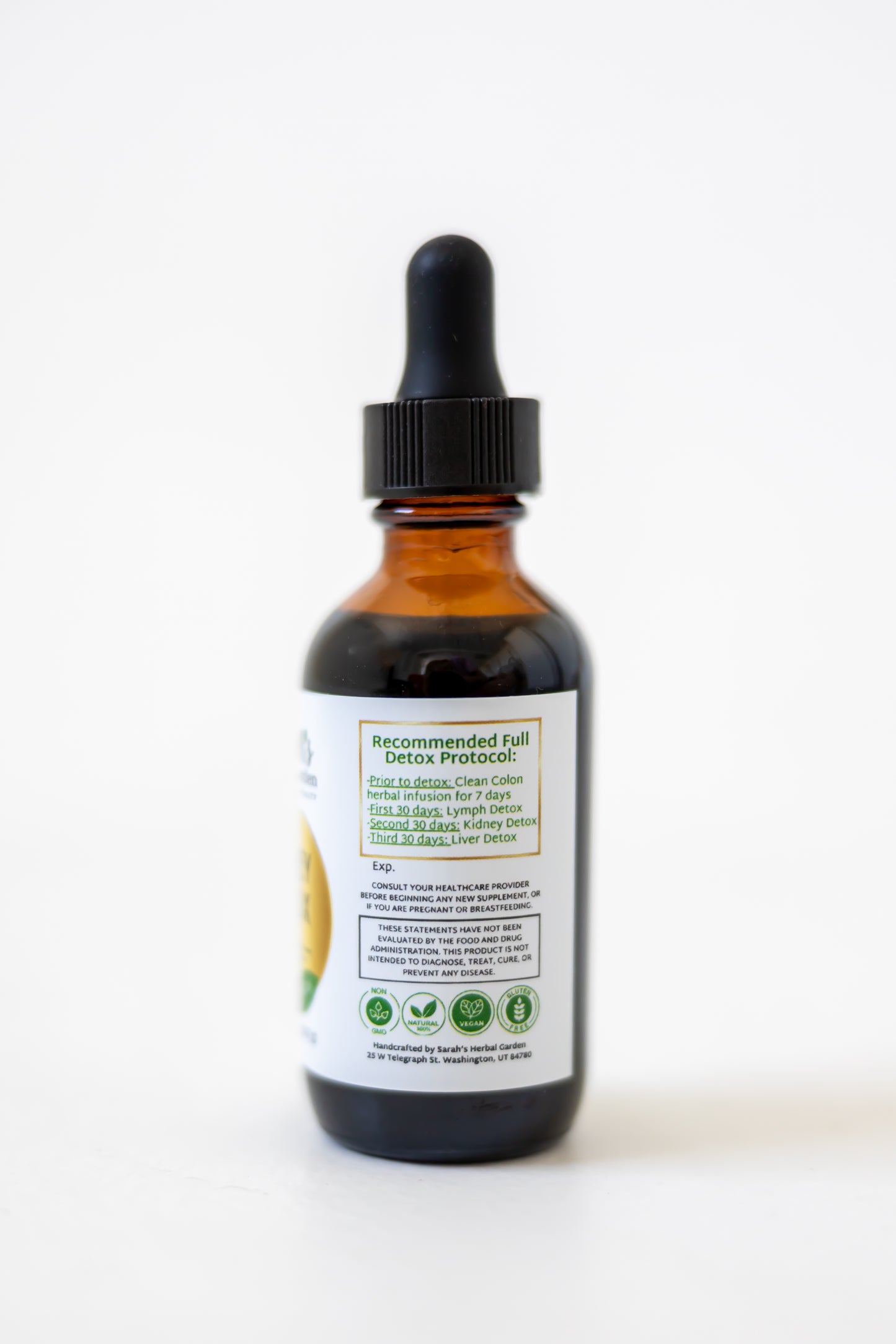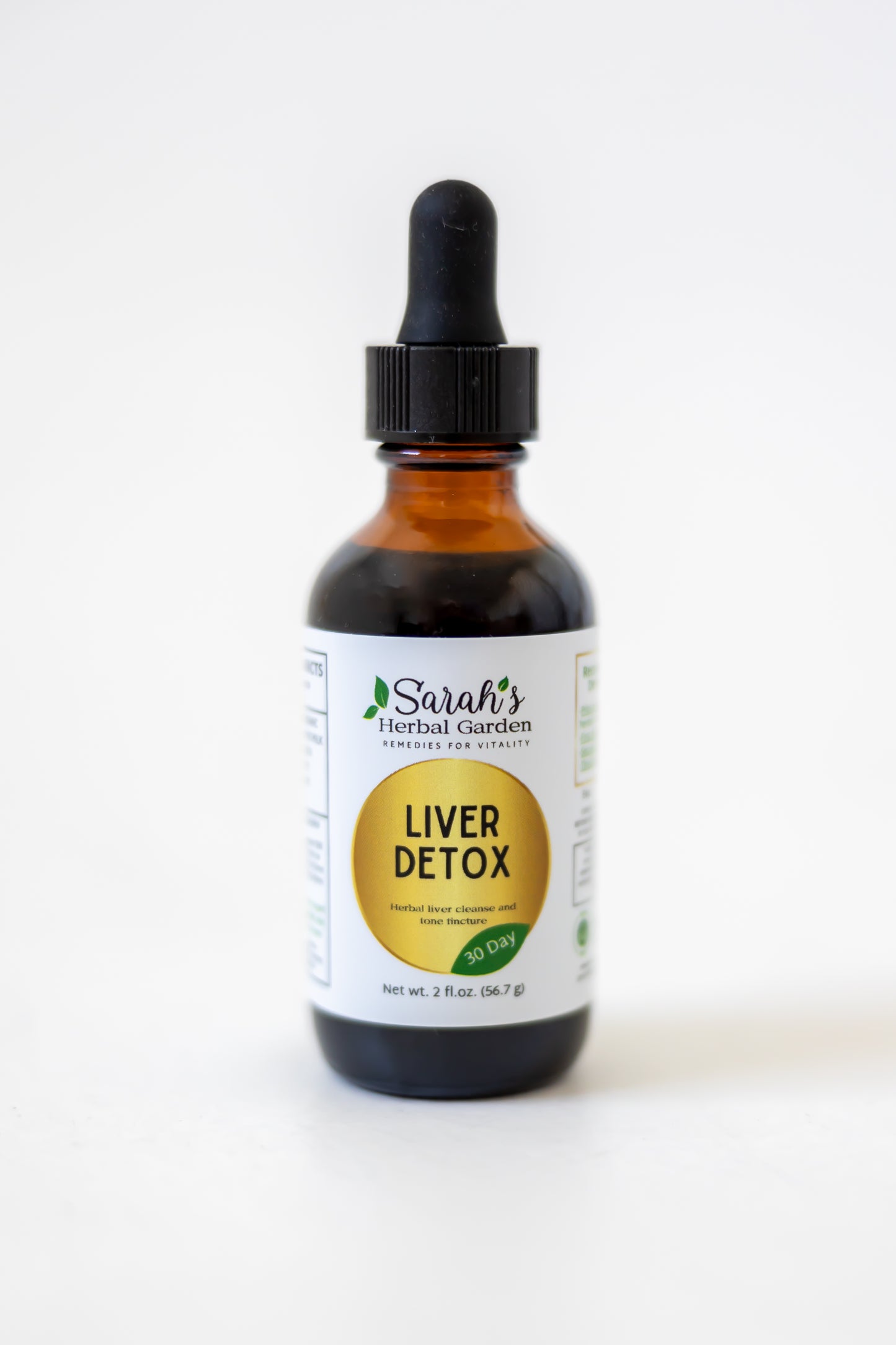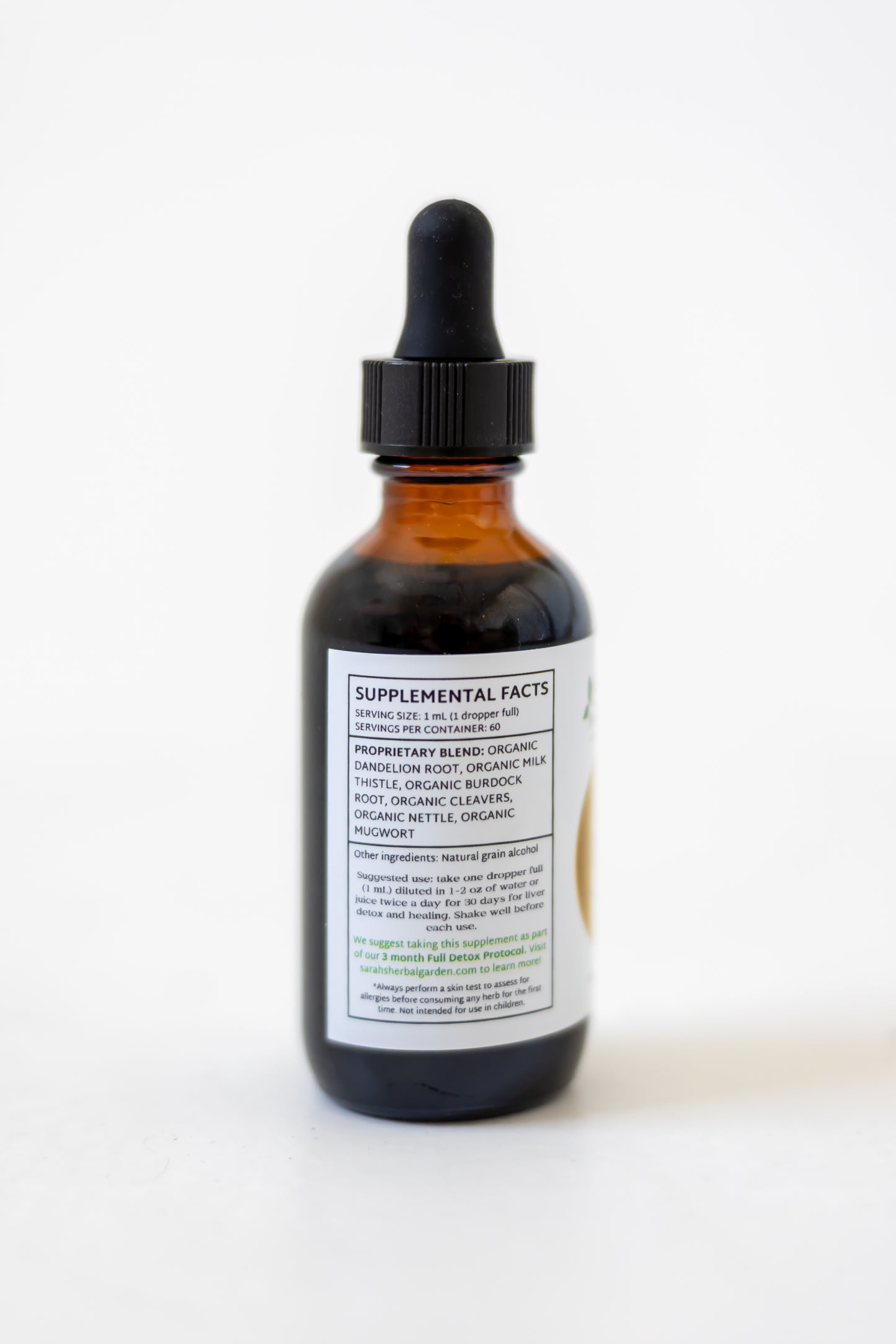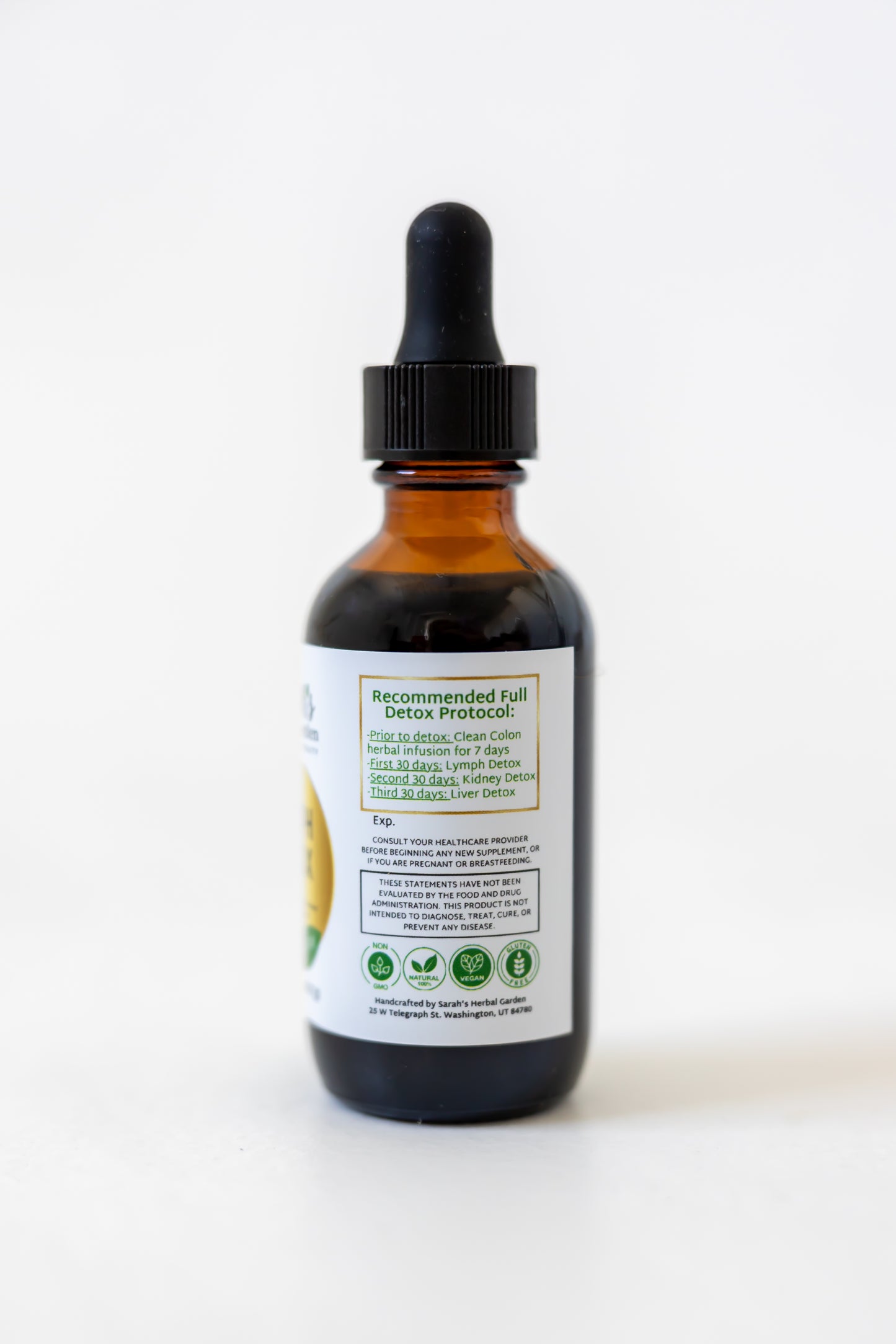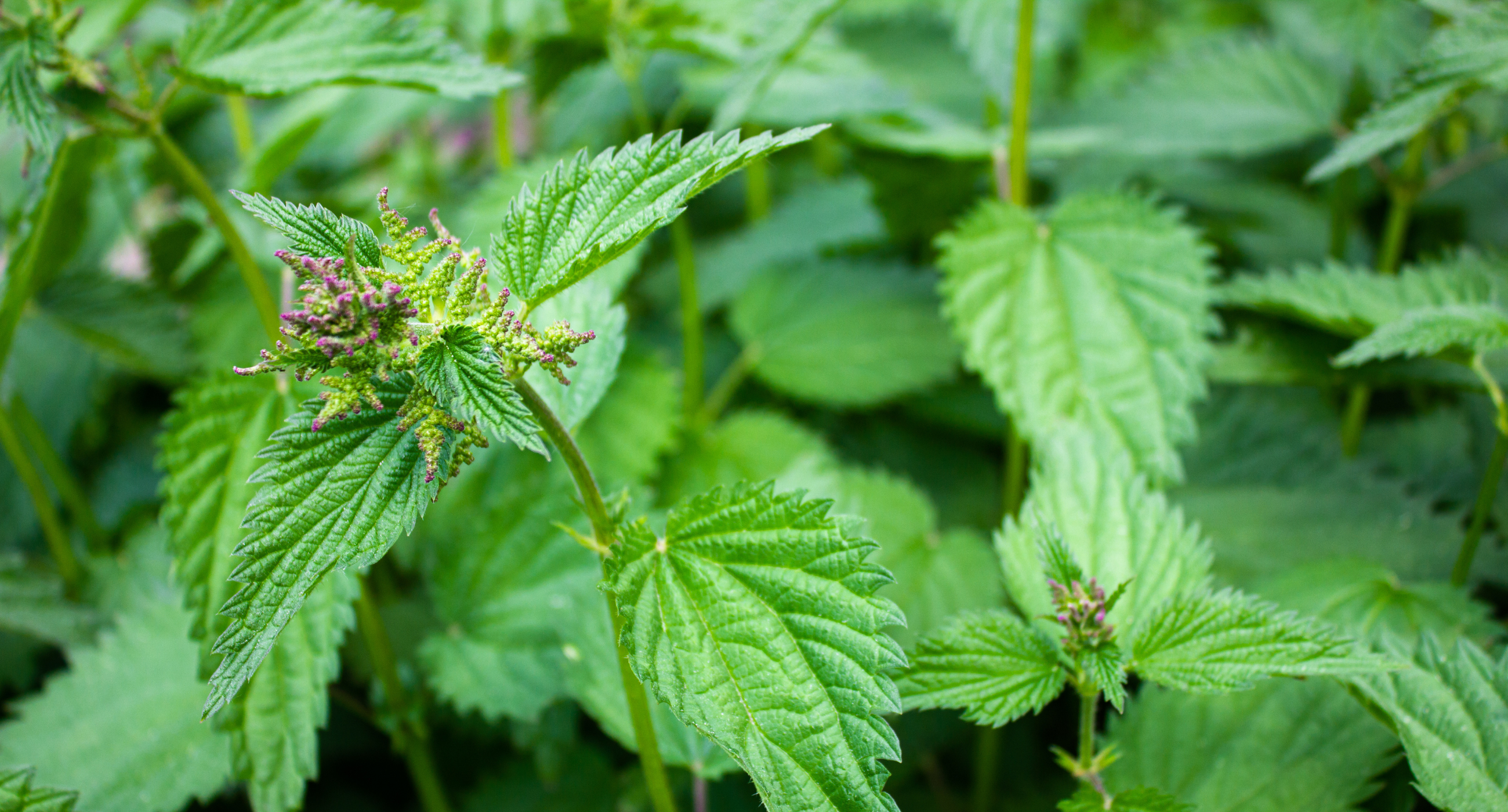
Nettle
Scientific Name: Urtica Dioica
Herbal Profile: Nettle (Urtica Dioica)
Botanical Information
- Scientific Name: Urtica dioica
- Family: Urticaceae
- Common Names: Stinging nettle, common nettle, greater nettle
- Habitat: Found in temperate regions worldwide, particularly in Europe, North America, and parts of Asia and Africa. Prefers moist, nutrient-rich soils.
Identification
- Appearance: Erect, green stems with serrated leaves covered in fine stinging hairs.
- Height: Can grow up to 1–2 meters tall.
- Flowers: Small, greenish-brown flowers arranged in clusters.
Parts Used
- Leaves
- Roots
- Stems
- Seeds
Active Constituents
- Vitamins: A, C, K, several B vitamins
- Minerals: Iron, calcium, magnesium, potassium
- Phytochemicals: Flavonoids, carotenoids, lignans, phytosterols
- Amino Acids: Histamine, serotonin, acetylcholine
- Polyphenols: Chlorogenic acid, caffeic acid
Traditional Uses
- Anti-inflammatory: Used to reduce inflammation and associated pain.
- Diuretic: Promotes urine production, aiding in detoxification.
- Hemostatic: Helps stop bleeding and is used for treating wounds.
- Allergies: Used to alleviate symptoms of hay fever and other allergies.
- Joint Health: Commonly used in treatments for arthritis and gout.
- Hair and Skin Health: Applied topically or ingested for improving skin conditions and promoting hair growth.
Modern Medicinal Uses
- Anti-inflammatory Properties:
- Allergic Rhinitis:
- Benign Prostatic Hyperplasia (BPH):
- Nutritional Support:
- Detoxification:
- Skin Conditions:
Preparations and Dosage
- Teas: Steep dried nettle leaves in hot water for a nourishing herbal tea.
- Capsules/Tablets: Standardized extracts are available in pill form.
- Tinctures: Concentrated liquid extracts can be taken under the tongue or added to water.
- Topical Applications: Creams and ointments containing nettle extract for skin conditions.
- Food: Fresh nettle leaves can be cooked and added to soups, stews, or used as a spinach substitute.
Safety and Precautions
- Allergic Reactions: Some individuals may experience mild allergic reactions.
- Interaction with Medications: Nettle may interact with blood thinners, diuretics, and diabetes medications.
- Pregnancy and Breastfeeding: Consult with a healthcare provider before use.
- Handling: Fresh nettles can cause skin irritation due to their stinging hairs; handle with gloves.
Conclusion
Nettle is a versatile herb with a rich history of medicinal use. Its anti-inflammatory, diuretic, and nutritional properties make it a valuable addition to both traditional and modern herbal medicine practices.
1
/
of
13
Sarah's Herbal Garden
Colon, Lymph, Kidney, and Liver Detox
Regular price
$90.00 USD
Regular price
Sale price
$90.00 USD
Unit price
/
per
Shipping calculated at checkout.
Share
